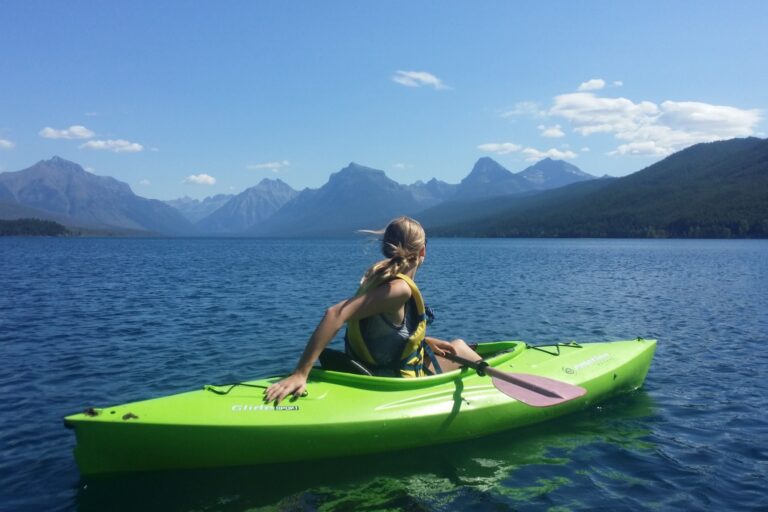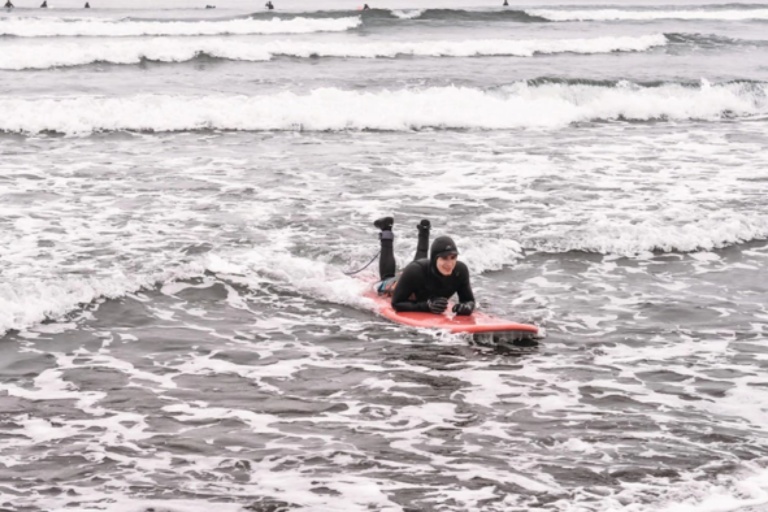As a recreation professional, you may be wondering what the importance of research is in your field. After all, isn’t recreation all about having fun and being active? While that may be true, research is essential to the success of any recreation program. By understanding the latest trends and developments in recreation, you can ensure that your programs are relevant and engaging for your participants. In short, research helps you stay ahead of the curve!
Defining research and its goals
Research is the systematic process of collecting, analyzing, and interpreting data with the goal of answering a specific question. There are many different types of research, each with its own unique goals. However, all research shares the same goal of providing reliable information that can be used to improve our understanding of the world around us.
How research is used in recreation
Research can be a useful tool when it comes to recreation. A research paper on a particular activity or subject can provide insights that help one discover ways to make the most out of their leisure time. For example, research on outdoor activities could offer tips on the best trails to explore, or research on indoor activities could give creative ideas for activities to enjoy with family and friends. Additionally, research papers can provide an opportunity to learn new skills applicable in leisure activities such as SEO for blogging, history research for trivia night, or basic physics knowledge for DIY projects. Thus research can be a great resource for enhancing recreational experiences.
The benefits of conducting research in recreation
Conducting research in recreation provides a number of beneficial outcomes. It can increase our understanding of how recreational activities help us mentally and physically, allowing us to create more effective programs and services. It can also provide vital insights into how recreational settings influence human behaviour, leading to improved safety and better design. By studying the economic effects of recreation initiatives, governments have the data to make informed decisions about future funding. And of course, recreational research generates valuable knowledge that helps set standards and guide policies in many areas. With all these advantages for individuals and communities alike, it’s easy to see why conducting research in recreation is so important.
The process of conducting research in recreation
The process of conducting research within the recreation field can be an enlightening and entertaining journey. From conception to conclusion, there are many steps that researchers must take along the way in order to create a comprehensive and reliable outcome. This can include designing a study, developing a survey, gathering data and analyzing it through descriptive or inferential means. It’s also important for researchers to properly cite sources in order to demonstrate credibility from reputable organizations and institutions. As the purpose of recreation research is to improve operations and their overall effectiveness, finding the necessary resources with supporting evidence is key for producing quality results. With careful observation combined with professional acumen, any individual has the potential to become an influential researcher within the field of recreation.
The impact of research in recreation
Participating in recreational activities has become a key part of modern life. With the right research, it’s possible to further the development of recreation and improve people’s well-being. Research can inform the adoption of more effective policies and practices related to recreation, such as better design of public parks to accommodate both large and small groups. It can also play an important role in understanding how different populations engage with recreational activities. Additionally, research allows us to examine how community members benefit from engaging in recreational activities and quantify the economic impact these forms of leisure have on individuals and society as a whole. All in all, there is powerful potential for research to positively influence our relationship with recreation today and into the future.
In conclusion, research is a process of gathering information from different sources to generate new knowledge. It helps people in recreation by improving the quality of their products and services. Also, conducting research can create opportunities for employment in the field of recreation. Finally, research has a positive impact on recreation by providing data that can be used to make policy decisions.










